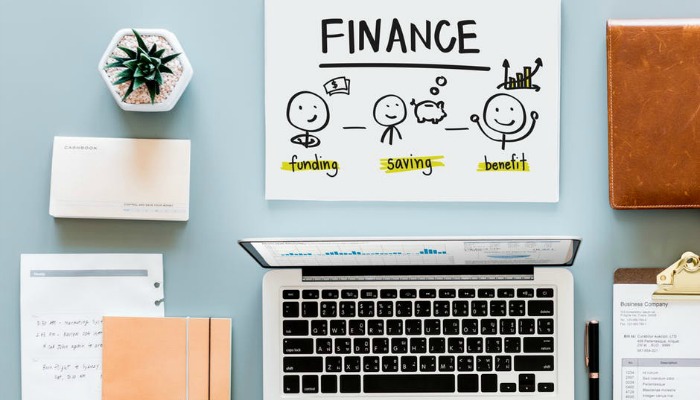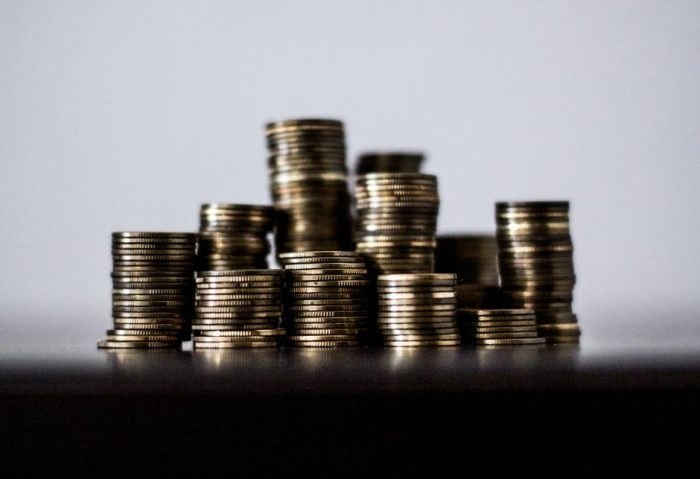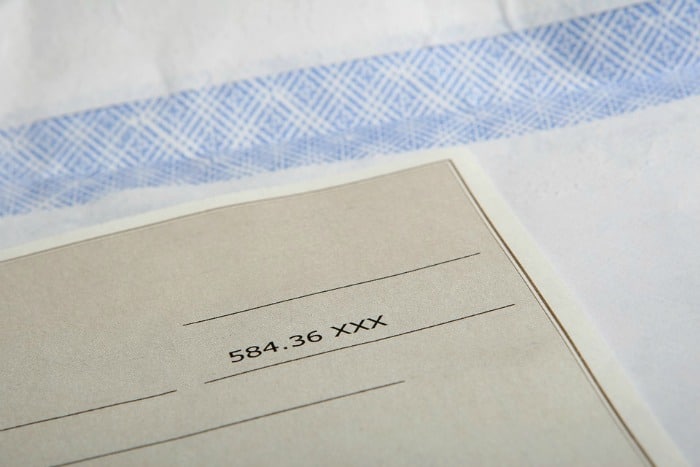The end of the tax year is coming! To make sure your finances are prepared take a look at these tips to ensure your money is doing the most it can for you and you’re not losing out.

£10 sign up bonus: Earn easy cash by watching videos, playing games, and entering surveys.
Get a £10 sign up bonus when you join today.
Join Swagbucks here >>
With the winter behind us, and spring well and truly on the way, you may want to be thinking about getting in the garden or spring cleaning around the home. Ok, perhaps you don’t want to be doing housework, but the lawn will need cutting eventually.
While you’re busy around your home, preparing for summer to come, you don’t want to be forgetting about your finances!
A few checks can make sure you maximise your money before 5th April (when the tax year ends) so you can cash in as much as possible.
Are you married?

While some may think being married might be more expensive it has its financial benefits too.
The Marriage Allowance allows you to transfer some of your personal tax allowance to your husband, wife or civil partner, which could save you a couple of hundred quid a year.
As a lower earner, you would need to have an income of less than £11,500 and over the course of the tax year (April to 5 April), you can reduce your tax bill by up to £230.
The scheme started running back in April 2015 and once you’ve registered you don’t need to register each year.
If you’ve forgotten to claim yet, you’re able to get your claim backdated to 5 April 2015. The extra tax saving will be a welcome bonus, I’m sure.
Tax free savings

Everyone should be trying to save a little money each month. Whether it’s for an emergency fund, a big holiday (or maybe even a goal you haven’t decided yet).
Instead of leaving your cash in a low interest saving account (my bank offers me a whopping 0.2% interest – bet you already guessed I don’t bother saving there!) make sure you’re taking advantage of a decent rate.
Saving in an ISA can see you get good returns on your money, plus they allow you to save tax-free.
You’re able to move your savings each tax year (just like you’d switch energy provider or car insurance for a better deal)
There is still time this tax year to take advantage of tax free savings. Switch now to get a better deal and your new ISA provider will take care of transferring your existing ISA.
Check your personal tax allowance

You get a tax free Personal Allowance each tax year.
As standard, you won’t need to pay tax on £11,500 (although it will be bigger is you claim Marriage Allowance – see tip above).
Your Personal Allowance gives you a tax code which your employer will use to calculate how much tax you should be paying. If you have one job your tax code should be 1150L.
This will show on your payslip and also in your personal tax account on the HMRC site.
If you’ve changed jobs you may have been put on emergency tax (there will be a W1, M1 or X at the end of your tax code), or if you’ve got two jobs your tax code may also be different.
It’s good practice to check your tax code from time to time to make sure you’re not overpaying (or underpaying) tax and inform HMRC if you think it’s wrong. Your employer won’t be able to do this, but you can do this yourself using their online service.
Don’t forget the kids

While you may be taking advantage of your tax-free ISA savings, don’t forget about your little ones.
Working the same way as a normal ISA, Junior ISAs allow under 18s to save tax-free.
It’s not just the kid or parents who can save into the account, but anyone can contribute savings. If there are grandparents, aunts, uncles or third-removed-cousins who send cash to your child for a birthday, they could transfer the money to their Junior ISA instead as a way to help save for your child’s future.
The money cannot be accessed until the child turns 18. At this point, it will become a “normal/adult” ISA.
Junior ISAs replaced child trust funds (CTF). If your child was eligible for a CFT they will likely get a better savings rate and deal if you transfer the savings to a Junior ISA.
Lost your CTF or have no idea where it is? Here’s how to find my Child Trust Fund.
Bigger bills

As it’s coming to the start of the new tax year, why not also make this an opportunity to start again with other parts of your finances.
Bills go up around this time of year, so you will need to look to adjust costs for council tax (cause when does it not go up?!), see if your mobile phone bill has risen with inflation, and have a check if the colder winter months have increased your utility bill.
Start over with your budget, making sure you’ve got all your incomings and outgoings listed.
Check your bank statement, looking at direct debits and standing orders to make sure you’re not paying a subscription you’re no longer using, and generally get everything in check.

Leave a Reply